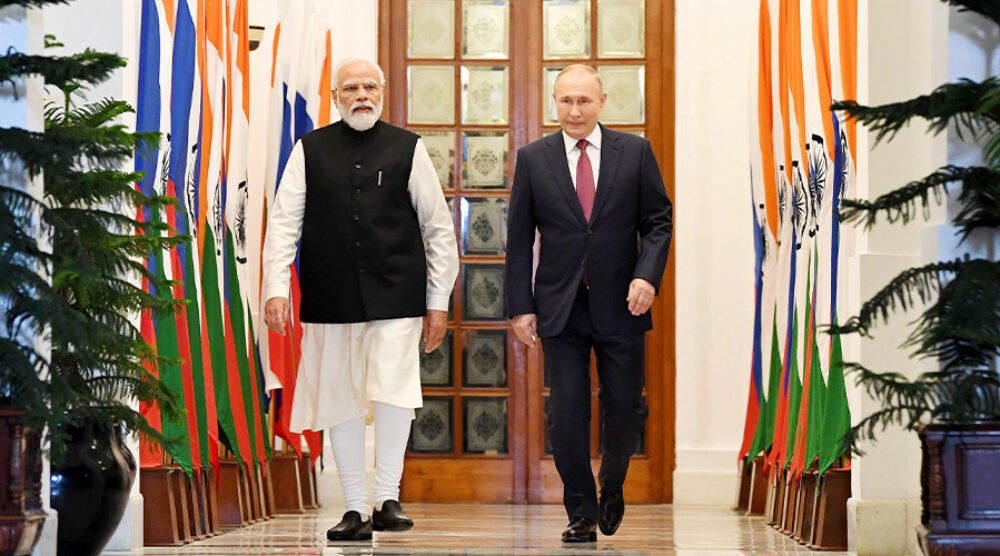IAN HALL |
For New Delhi, Russian President Vladimir Putin’s invasion of Ukraine is likely to prove as big a strategic shock as the twin blows inflicted on India in 1991 by the Gulf War and the collapse of the Soviet Union. Those traumatic experiences prompted a shift in Indian strategy. Regardless of how this war ends, Russia’s aggression in 2022 will almost certainly have a similar effect.
India had a disastrous year in 1991. At that time, half of its oil came from Iraq and Kuwait, and almost 200,000 Indians worked in those two countries. Iraqi leader Saddam Hussein’s actions put both in peril. The resulting spike in oil prices plunged India into a balance-of-payments crisis. New Delhi was forced to hock its gold reserves to borrow hard currency and, at the same time, attempt a difficult evacuation of Indian citizens. India then watched as Iraq’s Soviet-supplied and -trained army was destroyed in six weeks by a US-led coalition. Some Indian leaders drew a clear lesson: only nuclear weapons deter major powers.
Ten months later, the fall of the Soviet Union dealt an even more serious blow, stripping India of a diplomatic, economic and defence partner on which it had been able to rely for two decades.
Please click here to read the full “Putin’s folly and the end of Indian multialignment” article published at The Strategist, written by Griffith Asia Institute Deputy Director, Research, Professor Ian Hall.








